The National Assembly Delegation of Dong Nai province supervises the land use project in the period of 2021-2025 in Tran Bien ward. Photo: Le An |
Many problems arise
Land use planning is developed with a 10-year cycle, of which every 5 years it is updated and adjusted to suit reality and ensure synchronization with the plans approved later such as: provincial, regional, sectoral and national land use planning. This development, approval and adjustment helps to use land resources reasonably, effectively and sustainably, ensuring harmony between economic development, environmental protection and social security.
In Dong Nai province (old), after more than 4 years of implementing the Land Use Planning for the period 2021-2030 and the Land Use Plan for the period 2021-2025, land management has undergone many changes. The management apparatus has been strengthened, administrative procedures have been reformed, and more attention has been paid to the inspection and supervision of land use projects. Many violations have been detected and handled, contributing to improving the responsibility of state management.
In Binh Phuoc province (old), the work of establishing and approving land use plans and projects in line with the development orientation of industry, urban areas, and high-tech agriculture has been synchronously implemented. Information on land use plans and projects is public and transparent, contributing to improving land use efficiency and ensuring the rights of people and businesses.
However, in both provinces before the merger, there are still many problems. That is, land planning is not close to actual needs; the situation of illegal subdivision and sale of land has not been effectively controlled; many land recovery projects are slow to implement, causing waste of resources; land recovery for auction of land use rights is still limited, affecting budget revenue and progress of putting land into use.
In addition, the situation of land use for the wrong purpose, illegal construction, and encroachment on public land still occurs. The implementation of planning, management, and land use has undergone two changes of the Land Law (2013 and 2024), which also raises some problems.
According to Director of the Department of Agriculture and Environment Nguyen Tuan Anh, the root cause of the above shortcomings is due to the complicated origin of land, changing policies, slow detection and handling of violations, and insufficient sanctions. In addition, the demand for social housing has not been met, especially in areas with a high concentration of workers, causing illegal construction and improper land use to increase.
Another reason, according to the Department of Agriculture and Environment, is that the planning and land use plans at the district level were previously carried out before the provincial, regional and national plans were approved, leading to inconsistencies, changes in targets and reduced feasibility in implementation. Typically, in the old Long Thanh district, the actual agricultural land area is much lower than the approved targets in the planning and land use plan. On the contrary, the targets for industrial, transportation, commercial and service land in the planning are lower than the actual demand.
Adjustment is necessary
From the above practices, especially in the context of the recent merger of provinces, it is necessary to adjust planning, management and land use to ensure conformity with the new administrative boundaries, space and future development orientation.
The new Tran Bien ward area, where many projects are being implemented. Photo: Le An |
Ms. Nguyen Thi Hoang, Member of the Provincial Party Committee, Vice Chairwoman of the Provincial People's Committee, said that the adjustment of planning, management and land use at the present time is a legal and practical requirement. Legally, this has been specifically regulated in the 2024 Land Law. In practice, the natural area of Dong Nai province is currently much larger than the original planning. At the same time, the administrative unit system has also changed, no longer at the district level.
Mr. Bui Xuan Thong, member of the Provincial Party Committee, Deputy Head of the Provincial National Assembly Delegation, said that to achieve the double-digit growth target in 2025 and the following years, the province needs to unleash resources, in which land plays a key role.
In addition, Mr. Bui Xuan Thong suggested that the Provincial People's Committee soon issue a document clearly assigning responsibilities to each department, branch, and locality in the work of planning and adjusting, and at the same time direct specialized units to support commune-level authorities in implementing land procedures, reviewing slow-to-implement projects to handle them promptly, in accordance with regulations, but still creating favorable conditions for people and businesses.
At the working session with the Provincial National Assembly Delegation in mid-July 2025, the Provincial People's Committee proposed a number of contents to central ministries and branches. In particular, it recommended that the Ministry of Agriculture and Environment study and supplement guidance on assessing the conformity between commune-level land use planning with provincial, sectoral and national planning; soon provide guidance on developing economic and technical norms for the work of establishing and adjusting land use planning and plans. The Ministry of Finance supplemented regulations on the scope of use of the Provincial Planning to serve as a basis for specialized ministries and branches to review and appraise investment project dossiers, ensuring consistency with the land allocation and zoning plan and sectoral and field development plans integrated in the approved Provincial Planning.
National Assembly Delegate Trinh Xuan An, who works full-time at the National Assembly's Committee on National Defense, Security and Foreign Affairs, said that with its large area and abundant development potential, Dong Nai province after the merger has many advantages. Effectively exploiting land potential is not only a requirement in accordance with legal regulations, but also plays a key role in resource management, ensuring social security and attracting investment in the new development stage.
Le An
Source: https://baodongnai.com.vn/kinh-te/202507/can-thiet-dieu-chinh-quy-hoach-co-cau-su-dung-dat-cho-thoi-ky-moi-90720c1/


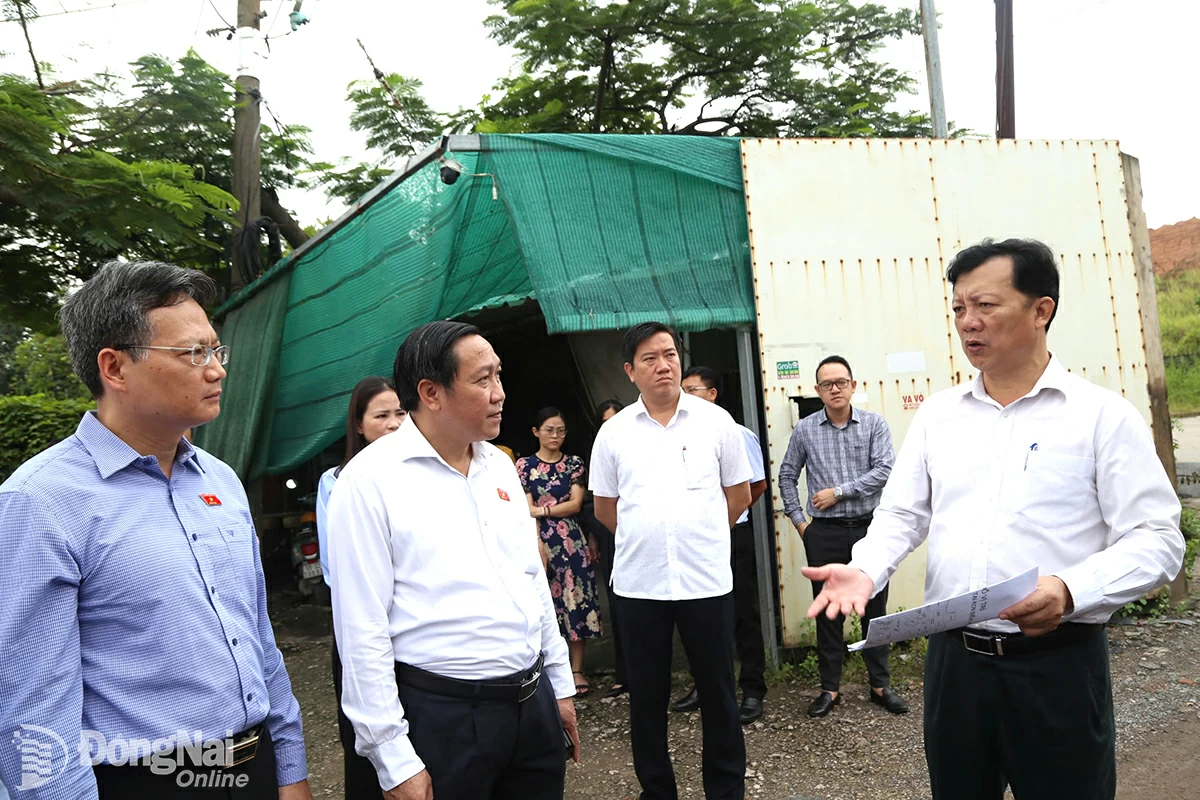
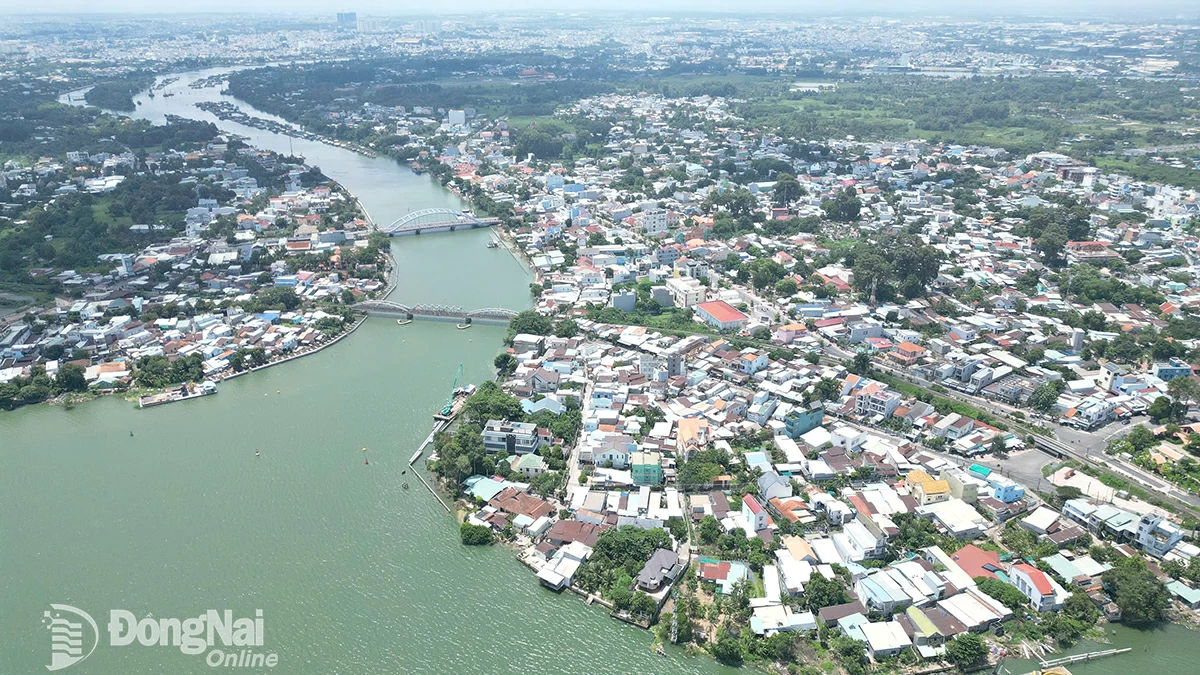

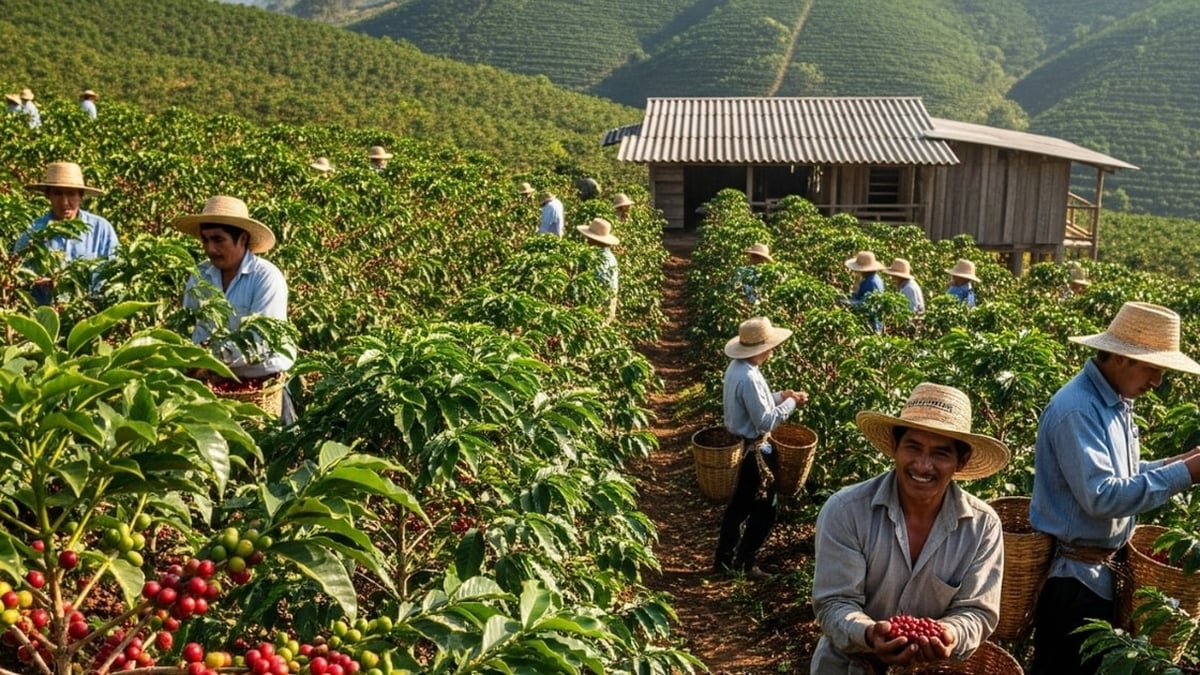


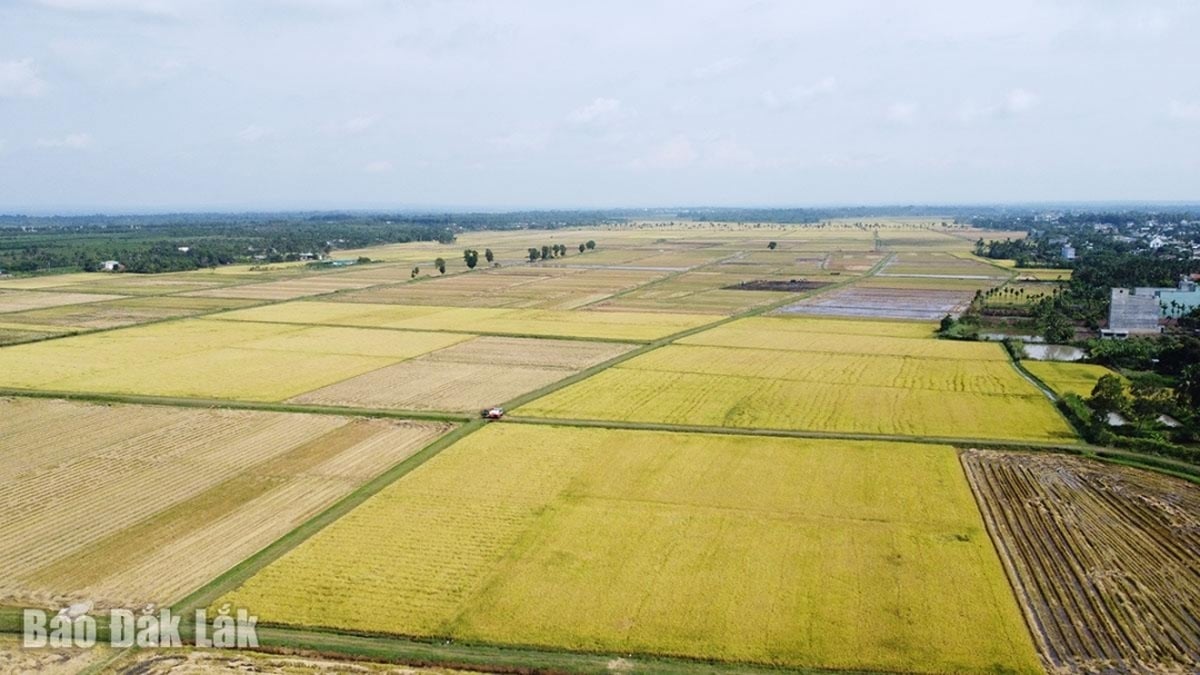
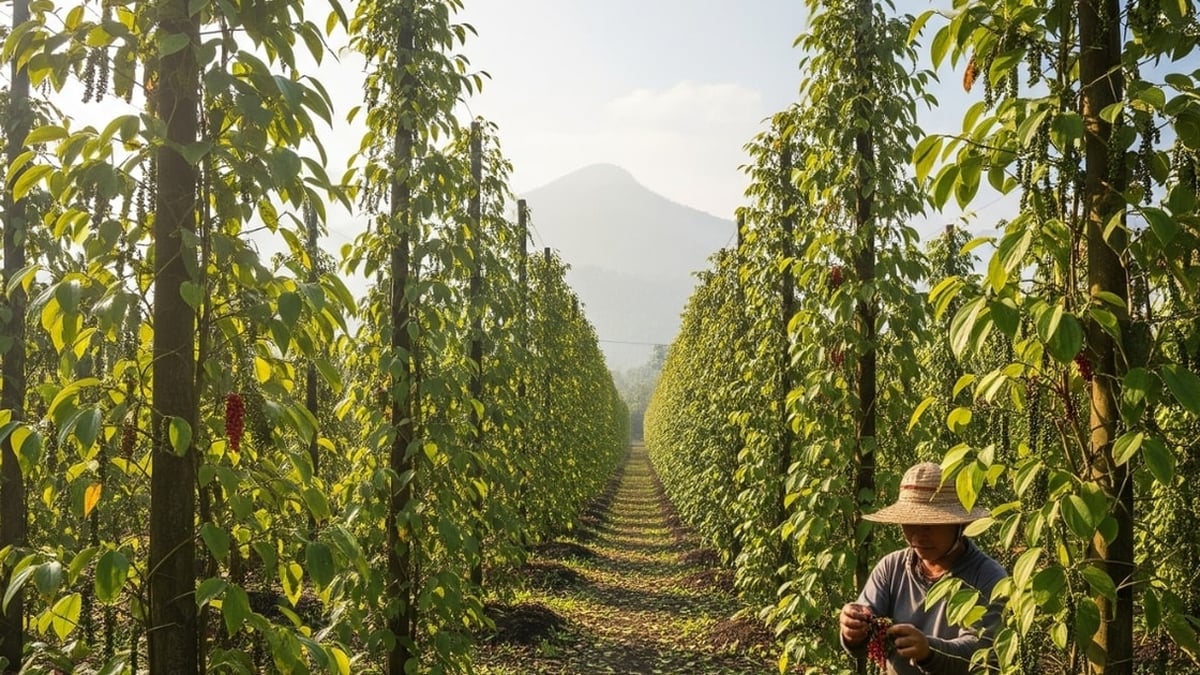


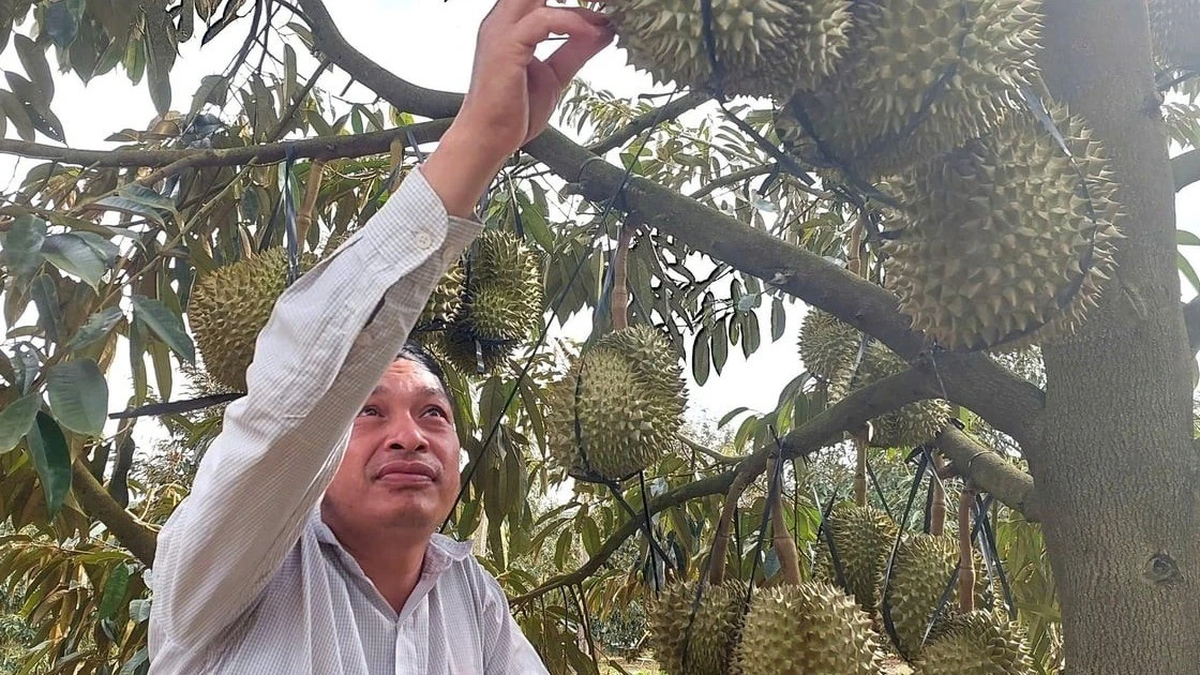
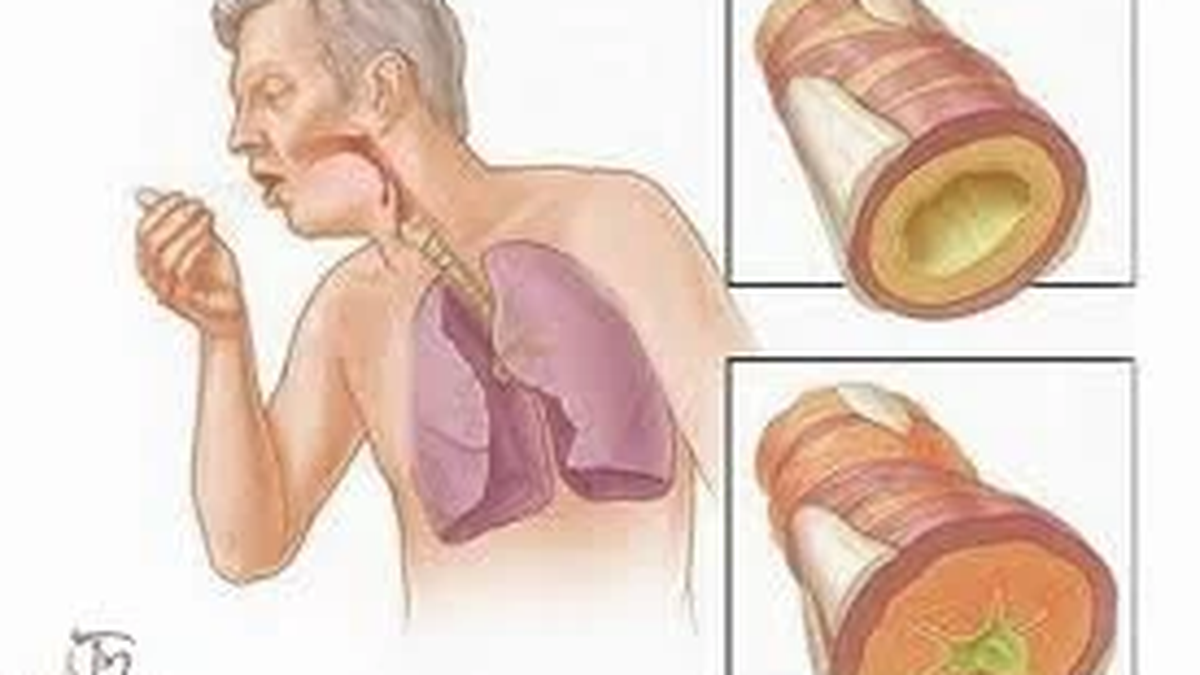



































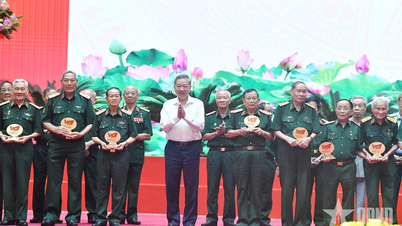










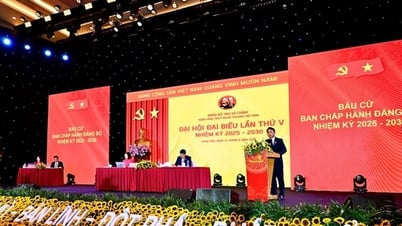









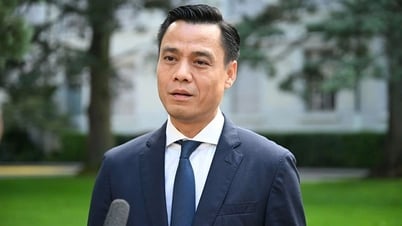
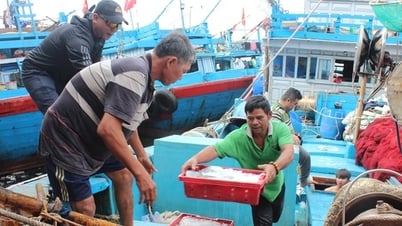




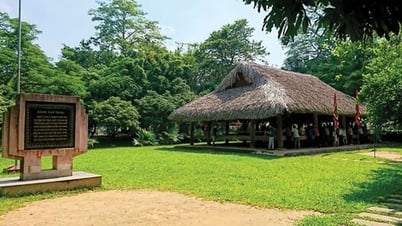











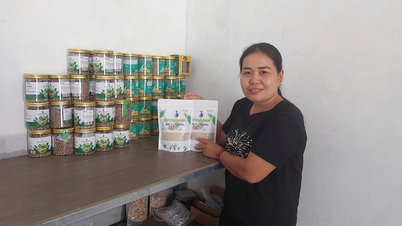










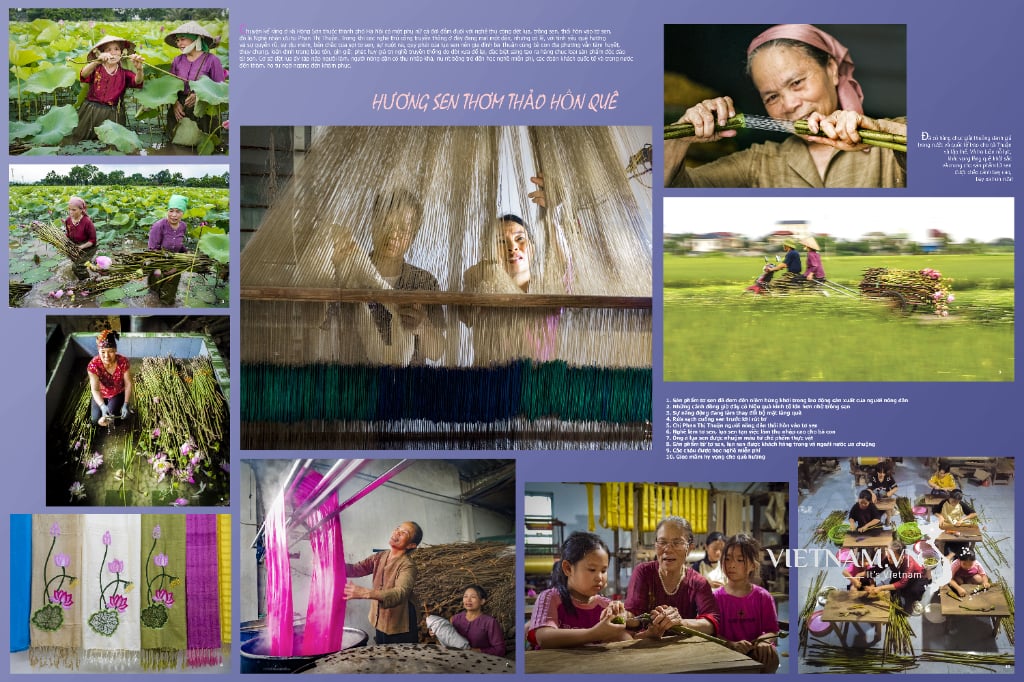



Comment (0)